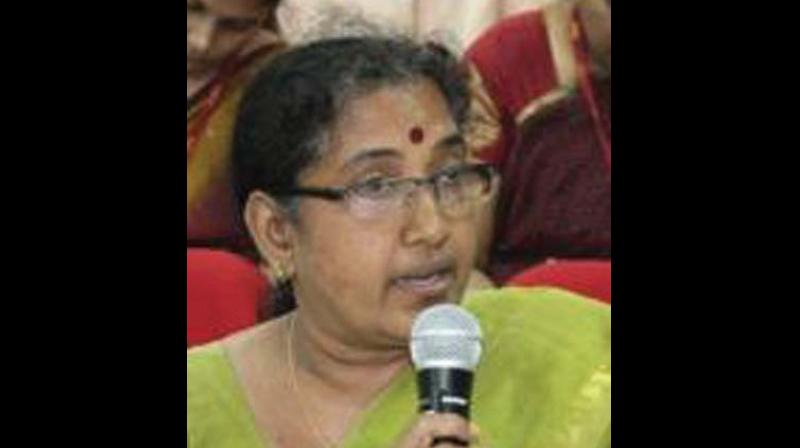Kochi: AIMS launches patient safety programme

Kochi: To stress the importance of patient safety, the World Health Organisation (WHO) observed the first-ever World Patient Safety Day on Tuesday with the theme 'patient safety-a global health priority'
The Amrita Institute of Medical Sciences (AIMS) has launched a week-long campaign on the occasion to stress the importance of the initiative and spread awareness among the medical fraternity and the general community.
"World Health Organisation has reported that 136 million patients in developing countries face adverse events concerning patient safety while 2.6 million of them die in a year. The twin impact of the same is that the average length of stay in hospital increases and the spend goes off by at least 15 per cent," says Dr K. V. Beena, the former Ernakulam district medical officer and additional medical superintendent at the AIMS.
"Four out of ten cases in primary care and ambulatory care settings and one out of ten cases in the in-patient service face issues of patient safety. Up to 80 per cent of the primary care and 50 per cent of the IP care cases are preventable."
"This campaign prompts patients, health workers, policymakers, academics, researchers, professional networks and the health-care industry to speak up for patient safety. The key components of patient safety include robust infrastructure, quality equipment, medication safety and healthy approach of health workers and relatives of patients," she added.
"Hospital-acquired infections too are a concern. The four parameters of surveillance to reduce the same are surgical site infections, urinary tract infections, bloodstream infections and ventilator-associated events."
The World Health Organisation has a system for reporting needlestick injuries as well. She said that securing the identity of the patient is very important in a hospital context.
"There should never occur a chance of mistaken identity which will lead to severe complications due to wrong treatment.
There should also be effective communication with the patients and their relatives by medical professionals and back and medication reconciliation is part of it," she said.
"Another important aspect is medication safety and the patient taking the full and correct dosage.
The five moments of medication safety are 'starting a medication, taking a medication, adding a medication, reviewing medications and stopping the medication."
Dr Beena said that patient safety is part of the NQAS and NABH accreditation of hospitals.

